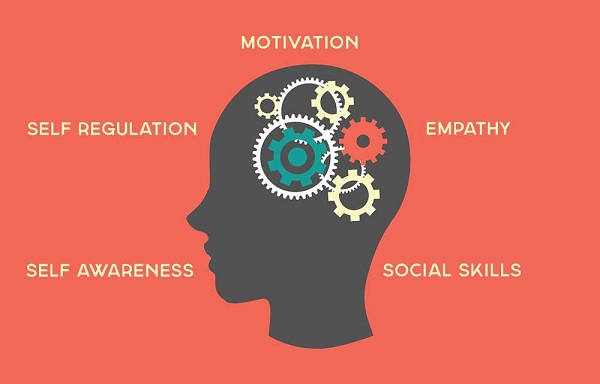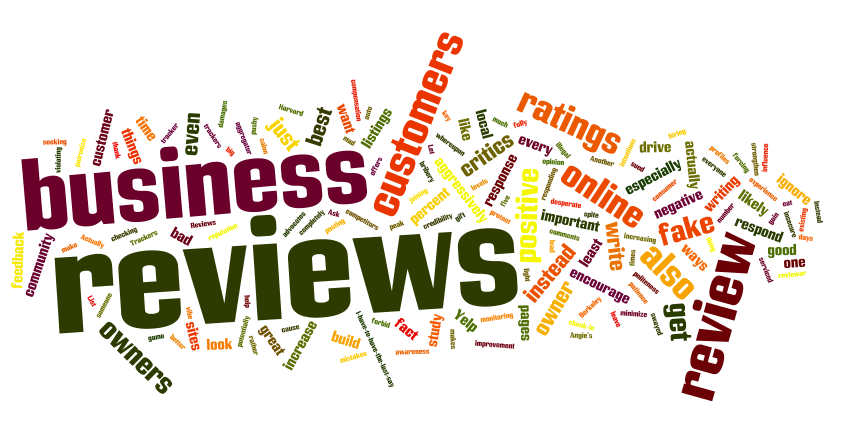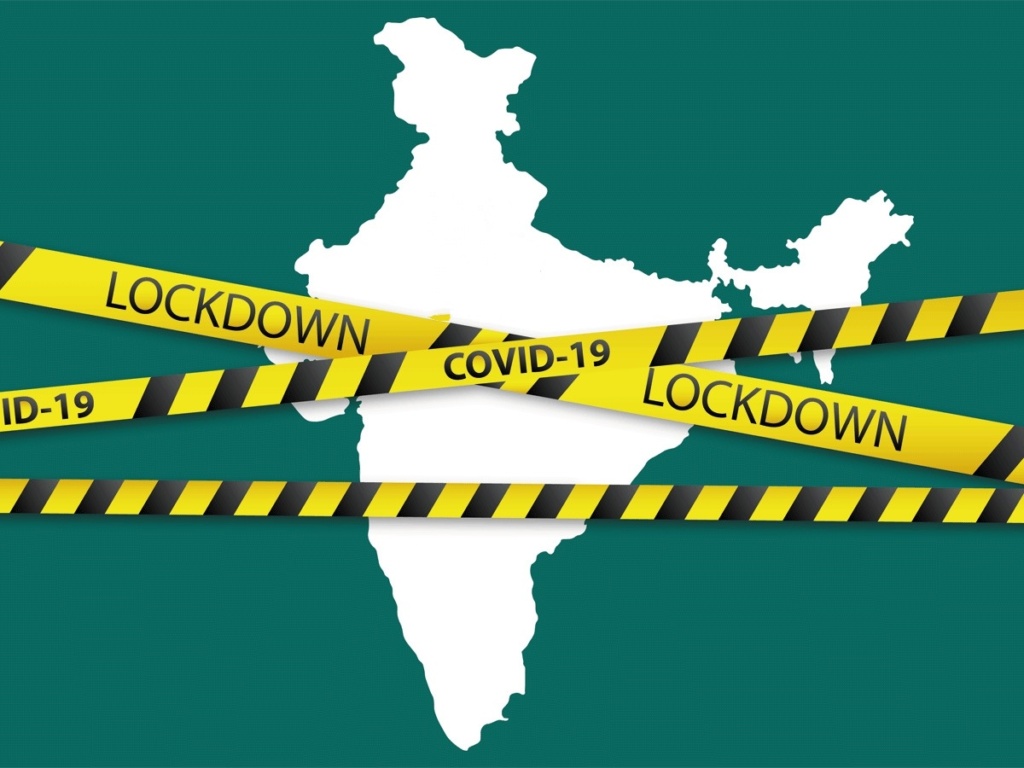Making the decision to start a business can be intimidating. People often don’t realize the magnitude of work that is required to have a successful company, and it scares them; it’s the same thing to do and feel. After all, it’s a huge undertaking and requires your full attention.
But in reality, if you plan things carefully and don’t rush, chances are you’ll reach your goals with ‘relative’ ease. And the great part about being an entrepreneur is that it technically doesn’t require any credentials. Anyone can do it as long as they lay down a plan of action. Planning is important in business no matter what, so it’s a good thing you learn from the get-go. If you’re currently reading this article, that means you want to know how to start successful business. Great to have you!
We’re here to help you out with the beginning; the hardest part of it all. When you see how huge some companies are nowadays, you may end up feeling overwhelmed. Considering their branch sizes, the number of employees, scale of services and products, logistics, and everything else that entails owning a business, it’s no wonder people back out before even trying.
But know this: You aren’t starting with a behemoth of a business; you’re starting small. And your expectations should be modest. Motivation, ambition, and dreams are one thing, but it takes a champ to keep those in check and tread carefully.
In this ‘how to start successful business’ article, we’ll be guiding you through the 12 steps required to found and grow your business!
Let’s start, shall we?
You need to evaluate yourself before you even decide to start a business. Here’s the deal. Ask yourself this question: “Why do I want to own a business?” The answer will change depending on what a person is reading this, but the point remains the same through and through – find the perfect business choice!
See, if you were to start a business without a clear end-goal in mind. This depends on the amount of money you want to earn, the amount of freedom you have, and many other factors (unique to you).
What’s the point of this? Well, instead of looking too far into the future, start by looking into the present. This is why these questions are essential. Here is a couple:
- What is my passion?
- What are my skills?
- What type of lifestyle am I aiming at?
- How much initial investment/capital do I need?
- Am I an expert in something and if yes what?
- How much capital can you invest knowing that most new companies and businesses fail?
- Am I truly ready for this?
Also, word of advice: Don’t skim out on the answers. Be honest with yourself because if you’re not, it will negatively impact your ability to start a business. Knowing how to start successful business properly can be the difference between being successful and not.
Research the Market
The market is constantly changing, and requirements from companies and independent businesses change as well. During the early 20th century, newspaper boys were a common job, but we’ve since then changed a lot. Oddy Uniwraps is an example of a successful startup which did an extensive market research to come up with such an innovative product.
Now, if you already have an idea of what to do and are ready to start, you’re well on your way of knowing how to start successful business. The first thing you should look at is direct competitors. Try to find someone that is doing the same thing you are. In 99% of the cases, this is exactly what happens. If no one is doing what you’ve chosen, try to figure out why. There might be a good reason behind that and if it’s a potential risk to the company well-being or success – avoid it and think of something else.
There are many ways to find important info that will help you out. One such example is by conducting interviews via phone or in person. This is great to figure out what the competitors are doing. Another method is by conducting surveys. A good method to use when you want to understand your potential customers better (with questions such as “why is this product good for you?”, “what would you do better?”, etc.)
And here’s the kicker: People rarely do this. Why? Because it’s simpler and quicker to use secondary research or online sources than to spend quality time on proper research. Plus, it ‘feels’ enough but really isn’t. Not even surveying the people you know is effective! So, do your research! Incorporate digital marketing strategies to your plan to reach to a wider market.
Listen to Feedback
Okay, this can be a tough one even if it’s required if you want to know how to start successful business. Customers are generally blunt and harsh when it comes to feedback. But if you’re doing good, they’ll compliment you, and all will be dandy!
However, not everyone takes feedback well. More on this in a little bit.
So why is feedback necessary for success? Well, you aren’t omnipotent and all-capable so mistakes and problems can happen. Usually, these are ironed out before commercial release, but sometimes it’s impossible to detect them. Until someone actually does.
Instead of taking every criticism negatively (as far as constructive criticism is concerned), listen to the people!
Here’s the deal. You should always begin with prototyping, then continue to experimenting, and finally pivoting. Think of something, test it, and release! The trick is to adapt to what your customer base says. This way, your next product will be even better (or you can just upgrade the existing one).
Here are a couple of steps to follow:
Slow down – Don’t take things too personally. When someone gives feedback – and it annoys you – slow yourself down, take a deep breath and relax. Now, give the feedback another glance and try to understand their point of view.
Be grateful – People generally aren’t negative for no reason. In most cases, they just want to help and give insight into what could be done better. So above all else – be grateful for the feedback! Don’t remember to say thank you (especially if it’s negative criticism).
Trust them – Your customer base is supposed to have trust in you, but so too are you in them. If a person says they don’t like something, it might not be everything! Maybe it’s just one part of your product that they don’t like. Again, try to see things from their perspective. That’s the only way you can learn how to start successful business.
Look for the patterns – If more and more people start talking about the same thing – they might all be right. It’s best to look into the problem right away if this happens.
Be a good listener – If your customer is having issues, don’t lash out at them. Be mindful and just listen to them. If you’re nice and understanding, the problem will (usually) go away quickly.
Ask them! – Finally, listen to their advice. They might not be your employees, but their ideas are worth checking out because, after all, they know best since they’re your customer!
Deal with The Legal
The sooner you deal with the paperwork and other legal stuff, the better. Take it out of the way as soon as you can, and you won’t have to worry about it in the future. Here’s what to look out for if you want to understand how to start successful business:
- Structure of the business (Partnership, corporation, LLC, etc.)
- Selecting a name for the business
- Registering the business
- State tax ID
- Federal tax ID
- License
- Permits
- All the crucial bank accounts
- Copyrights, patents, and trademarks
Also, if you’re thinking of gathering all of this alone – don’t. It is possible, but not advised because you might not catch all the aspects. Consult with a lawyer when starting out your business to cover all angles.
Create a Business Plan
There’s absolutely no way you could start successful business without a proper plan first. This plan is basically a description of what your business is going to be doing from start to finish.
Here’s a helpful quote from Tim Berry on Entrepreneur: “You can usually cover everything within 20 to 30 pages of text plus around 10 more for appendices of management resumes, monthly projections, and some other details. If you have more than 40 pages, then you probably aren’t summarizing very well.”
Don’t worry, we won’t leave you hanging! This is an important part of our ‘how to start successful business’ guide!
Here’s what you need
The title pages
Figure out the best name for your business (this is harder than it seems). Research a bit before settling for a choice.
The executive summary
Take great care of this part; it’s high-level. It’s supposed to be the summary of what you plan for the company – the description of the company, the problem you’re looking to solve with your company, the solutions you’ve figured out, and the reason for the timing.
The business description
This part should contain answers to these questions: What type of business am I starting? What does my industry look like? What is it going to look like in the future? Etc.
The market strategies
What market am I targeting? What is the best strategy to sell to the market?
The competitive analysis
In what areas are my competitors stronger and where are they weaker? How am I planning to solve this?
Development and design plan
What is my service or product and how is it planned to develop? Following this, create a budget for what you’re offering.
Management and operations plan
How is my business supposed to function daily?
Financing factors
Where is our capital coming from? How? When? What type of projection you should create and what you should be weary of?
Each question can get anywhere between 1 and 3 pages of answers. Also, know that this business plan is a changing document meaning, you will have to update it as the market evolves and time goes by.
Financing
Securing financing for your business is simple if we look at the plethora of ways you can do it. You can try with all of them, but generally, there’s no need to. Angel investor Martin Zwilling recommends these and work best with the current market.
Here’s how – fund it yourself, check with family and friends, request a helpful small-business grant, open a crowdfunding campaign on the internet, check with angel investor groups, solicit VC investor, join a startup accelerator or incubator, negotiate an advance, trade services or equity for help with startup, get a bank loan or a line of credit.
Each of these methods has its benefits so make sure to do proper research and figure out what works best for your business (and possibilities).
Develop the Product
All that work to start the company and you still don’t have a product. Good thing you’ll soon know how to start successful business and develop a quality product, otherwise the entire process would be difficult.
However, keep in mind that actually creating something can be a pain. This all depends on what product you’re looking to create (or service). For example, if you want an app – you’ll need to find a programmer, designer, and others.
Word of note: Don’t overcomplicate things. Try to keep it simple; concise. Pay attention to the quality of your products – low quality means lower customer satisfaction, and that’s a no-no.
Here’s a couple of tips on what to do before outsourcing product development
Regain control over your idea and product
Supervising the creation and development of your product is a must. Leaving it unsupervised may lead to incorrect design decisions, and no one wants that. Not you, not the outsourced party.
Check things constantly
Freelancers are a great way to get something for your business and products, but since they don’t work under contract, they’re technically not obligated to respect your wishes. It all comes down to trust. So, to avoid unpleasantries. Hiring a couple of them may be wise.
Get specialists; not all-arounders. When you want something done properly, always go for the specialists. Generalists aren’t a good idea because, again, you want quality over quantity.
Secure weak spots – Freelancers are sometimes considered weak spots because they have lots of freedom and not all of them are trustworthy. Make sure you always have a back-up plan if something doesn’t work!
You can improve the overall quality of productiveness by learning more about it yourself. This will give you valuable insight into what’s happening during creation, which means you’ll be able to help out along the way if necessary.
Build your Team
Sure, you might be a one-person army when your business is just starting (and even then it’s not a good idea), but once it starts growing, it’ll be all hands on deck.
You need a good team.
Handoff responsibilities are an integral part of owning a business, and if you want to succeed, this is something you’ll have to come to terms with. But it’s not a bad thing. On the contrary, delegating tasks to your employees can ease pressure off and help build a healthy work environment.
But like with anything in this ‘how to start successful business’ guide, there are a couple of tips to help you along the way:
Be transparent with your goals – Trust is a major part of owning a company, and without trust, you’d be bound to fail. This is why being straight up with your employees is important. They need to know what’s happening. On top of that, their efficiency directly depends on what (and how much) you tell them.
Follow specific hiring protocols – The hiring process can be a gruesome one, and you’ll surely leave some people feeling bad. This is a normal part of having a business. It’s also necessary that you follow certain hiring protocols when conducting hiring processes. Not only will it speed up the entire process, but it’ll also help give clarity to those that don’t make it, thus (hopefully) minimizing the impact of bad news.
Establish a powerful company structure – No one likes working in a company that comes with a negative atmosphere. Some people scold their employees when they don’t do a good job. Don’t be this person. Be constructive, fair, helpful, but above all – friendly. If your employees are happy, you’ll be happy too.
Location
Selecting a good location for your business is a big deal because you’ll either end up obscured without much popularity, or your business will explode. It’s much more complicated than that, but location plays a big part in success.
An ambitious new business needs a strong location, but if you can’t afford it (or don’t have grand plans for the future), a medium location will suffice (research hotspots in your city for insight into where is best to start).
That would be it for this ‘how to start a successful business’ guide! Remember to take things to step by step and not rush. Being a calculated person is a big deal in this line of work and always having a plan for the future is a necessity.
Don’t forget to do your research! The more you know, the better you’ll incorporate that knowledge into your business.
Author
Atul Garg



















